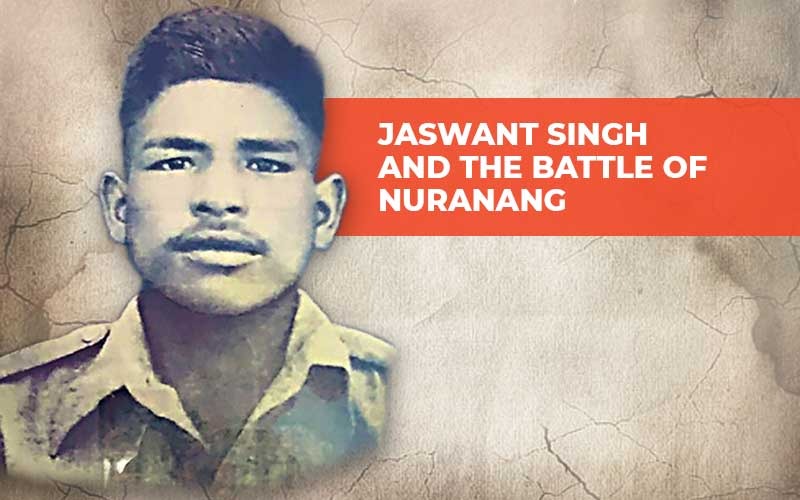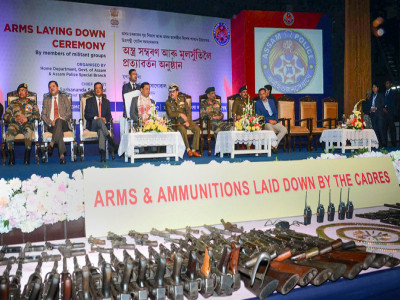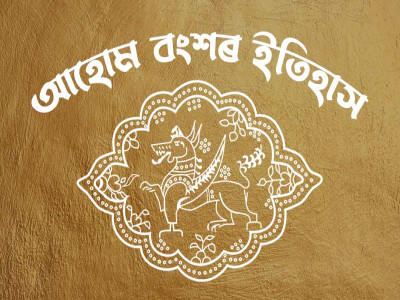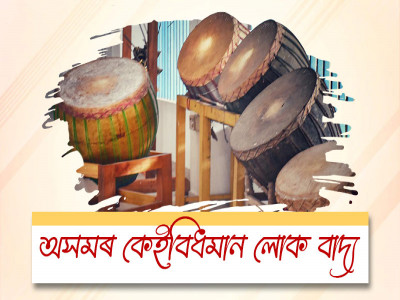
Jaswant Singh and the Battle of Nuranang
In your lifetime, you may have heard many brave stories of those who have given the supreme sacrifice to protect their motherland. If we look back at the history of India, we find so many names of freedom fighters, such as Chandra Shekhar Azad, Bhagat Singh, Subash Chandra Bose, and many more. When thinking of those who have died protecting our country, only some of these heroes come to our mind, as there is no proper documentation or citation for the others. But do you know, in Northeast India, we also have several unsung heroes whose stories need to be heard by the world? Jaswant Singh Rawat is one such son of the soil who didn't hesitate for a moment to sacrifice his life to protect a part of Arunachal Pradesh (part of his motherland) from becoming part of China.
Rifleman Jaswant Singh Rawat, son of Shri Guman Singh Rawat was born on 19th August 1941 at Baryun village of Uttarakhand. At the time of his school, he actively takes part in NCC programs as from the very beginning he was very fond of joining the Indian Army and serving the motherland. His enthusiasm and dedication to joining the army paid off one day when at the age of 19 on 19th August 1960, he was recruited into 4 Garhwal Rifles of the Garhwal Rifles Regiment.
In the year 1962, in the month of October, the Indo-Sino war broke out after the Chinese Army invaded Ladakh and across the McMohan Line in the Northeast region. That is when the famed Garhwal Rifles Regiment, which was known for its gallantry and had won many battles in various operations of the Indian Army, came into play. In Arunachal Pradesh, the battle took place in the areas of Taksing-Limeking, Mechuka/Manigong-Tato, Gelling-Tuting, Kibithoo-Walong axes, and the region of Tawang-Bomdila-Rupa. One of the most memorable battles was the Nuranang Battle in Tawang, where Rifleman Jaswant Singh Rawat was deployed with the Garhwal Rifles Regiment.
In the Nuranang region of Tawang, the Chinese Army tried several times to invade the area. But every time they were pushed back by the troops of the Garhwal regiment. At one such attack, the Chinese struck the regiment with MMG (Medium Machine Gun), giving them a very hard time retaliating. However, Riflemen Jaswant Singh and his colleagues crawled toward the Chinese bunker containing MMG and threw grenades at the bunker, killing several Chinese soldiers and capturing the MMG. But when they were crawling back to their bunker, taking the MMG, the enemy opened fire on them and they were brutally injured.
Finally, the Chinese army arrived with more reinforcement and attacked the Indian Army from three sides. The Garhwal Regiment was given no choice but to withdraw their soldiers from the Nuranang battle. At that time, 21-year-old Rifleman Jaswant Singh Rawat refused to leave the battleground and stayed there alone to fight back against the Chinese Army. Jaswant alone frequented from one post to another, continuously changing his position to let the enemy think that the whole battalion is at the post. He really did confuse the Chinese army by doing so as the battle lasted for hours. According to the locals, Jaswant took help from two local Monpa girls, Nura and Sela, and was able to set up weapons across the area.
Rifleman Jaswant Singh Rawat held the Chinese army alone for a long time with the help of Nura and Sela, but in the end, the Chinese army realized that there was no battalion but only one soldier and two girls. They marched towards the bunkers, killed Sela with a grenade, and captured Nura. Watching this, Jaswant sensed that he could no longer hold the enemy troops alone and killed himself with his own bullet, not letting the Chinese capture him.
Rifleman Jaswant Singh Rawat was martyred, but his bravery silenced the Chinese troops and was even awestricken by his bravery. He was awarded the Maha Vir Chakra for his exceptional bravery and the regiment was awarded the Battle Honour Nuranang, the only battle honour awarded to an army unit in the Sino-Indian war of 1962.
Jaswant Singh Rawat was also honoured by a memorial at the post where he fought the Chinese army, which has also become a tourist spot now known as Jaswant Garh War Memorial. He really is one unsung hero of the Northeast of Arunachal Pradesh, whose resilience to the Chinese Army is folklore to all of us in the Eastern Himalayas.
Disclaimer: The opinions expressed in this article are those of the author's. They do not purport to reflect the opinions or views of The Critical Script or its editor.

Newsletter!!!
Subscribe to our weekly Newsletter and stay tuned.

















Related Comments